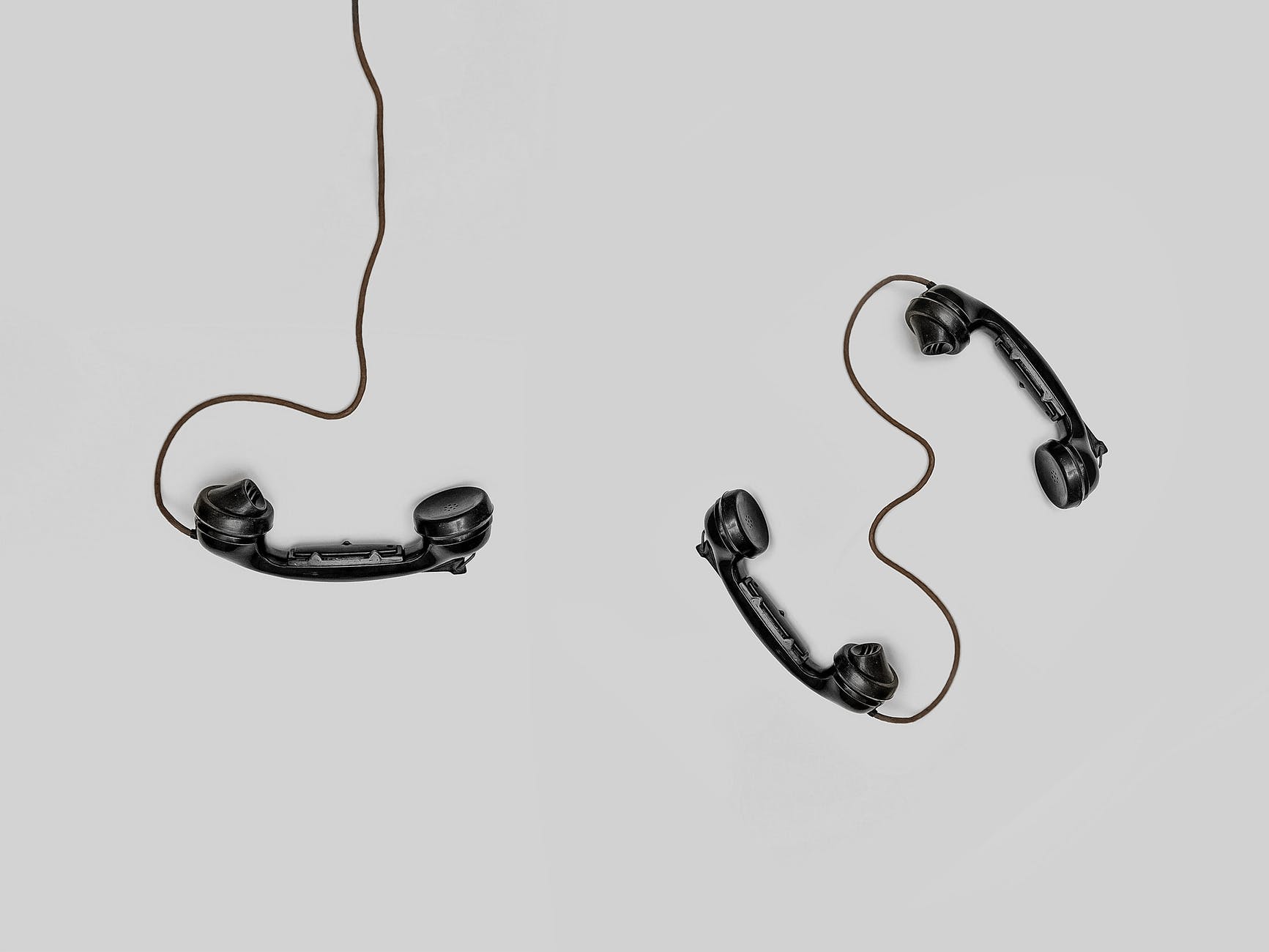

Kansas recording law stipulates that it is a one-party consent state. In Kansas, it is a criminal offense to use any device to record, listen to or amplify communications, whether they are wire, oral or electronic, without the consent of at least one person taking part in the communication. This means that in Kansas, you are legally allowed to record a conversation if you are a contributor, or with prior consent from one of the involved parties. Kan. Stat. Ann. § 21-6101(4). This state also has a hidden camera law which forbids the recording and disclosure of intercepted images. Kan. Stat. Ann. § 21-6101(6). Our recommended Digital Voice Recorder.

You may not record, listen to or amplify conversations that you are not a part of without the consent of at least one party. If you are a third-party and require consent from the parties taking part in the conversation, the Federal Communications Commission (FCC) states that you may gain consent to make a recording by:

In Kansas, it is illegal to install or use a concealed camcorder, motion picture camera or any other electronic device to secretly photograph, film or record another identifiable person through or under that person’s clothing, or an identifiable person who is in a nude state and has a reasonable expectation of privacy without the consent or knowledge of that person for the following purposes:
For example, recording a person who is using a restroom is illegal because the person might be in a nude state and also because the restroom is a place where there is a reasonable expectation of privacy.
Kan. Stat. Ann. § 21‐6101(a)(6).
If you are recording someone’s likeness for business purposes, you should ensure that you gain proper consent by having them fill out a photo or video consent form.
In Kansas, it is against the law to make a recording of a conversation that you are not taking a part in. Some examples of this would be:
Kan. Stat. Ann. § 21-6602: It is a misdemeanor offense to record, intercept, or share private conversations without consent. Infractions are punishable by a court fine and a maximum of one year in jail.
Kan. Stat. Ann. § 21-6101: It is a felony offense to covertly record or share videos taken illegally.
Kan. Stat. Ann. § 21‐6101(b)(2): Persons who violate Kansas video recording laws may be found guilty of severity level 8, person felony. For a second or subsequent violation within the previous 5 years, the offender may be found guilty of severity level 5, person felony.
Kan. Stat. Ann. § 21‐6101(b)(3): Those who disseminate or permit the dissemination of materials obtained through methods that are in violation of the state’s video recording laws may be found guilty of severity level 5, person felony.
Kan. Stat. Ann. § 21‐6101(b)(2): Disseminating materials (e.g., film) of another identifiable person 18 years of age or older that were obtained illegally and in circumstances where the person concerned had a reasonable expectation of privacy for the purposes of harassing, intimidating or threatening that person is considered as severity level 8, person felony. For a second or subsequent violation within the previous 5 years, the offender may be found guilty of severity level 5, person felony.
Yes! Kansas is a one-party consent state.
Can I Record a Police Officer in Kansas?Yes! You can record police officers in the line of duty in all states as long as you are not trespassing or breaking any laws yourself.
Can I Secretly Record a Conversation From a Two-Party Consent State?If the recording is being made in a one-party consent state, then it is legal to record a conversation that you are taking part in. However, it is still best practice to inform all participants that they are being recorded.

You can record in public if you are taking part in the conversation taking place on the recording. You may also record in areas where there is no reasonable expectation of privacy. This means that it is legal to film in parks or public squares, however, you may run into issues if you are recording on private property such as malls.
Can I Record a Telephone Conversation in Kansas?You may only record a telephone call if you are a party to the conversation. If you are not taking part in the conversation, you need to gain the consent of at least one party. This can be done by playing a recording stating that the call will be recorded prior to the conversation beginning or by gaining verbal or written consent from the other parties.
Is Kansas a Two-Party Consent State?No, Kansas is a one-party consent state.
More Kansas Laws